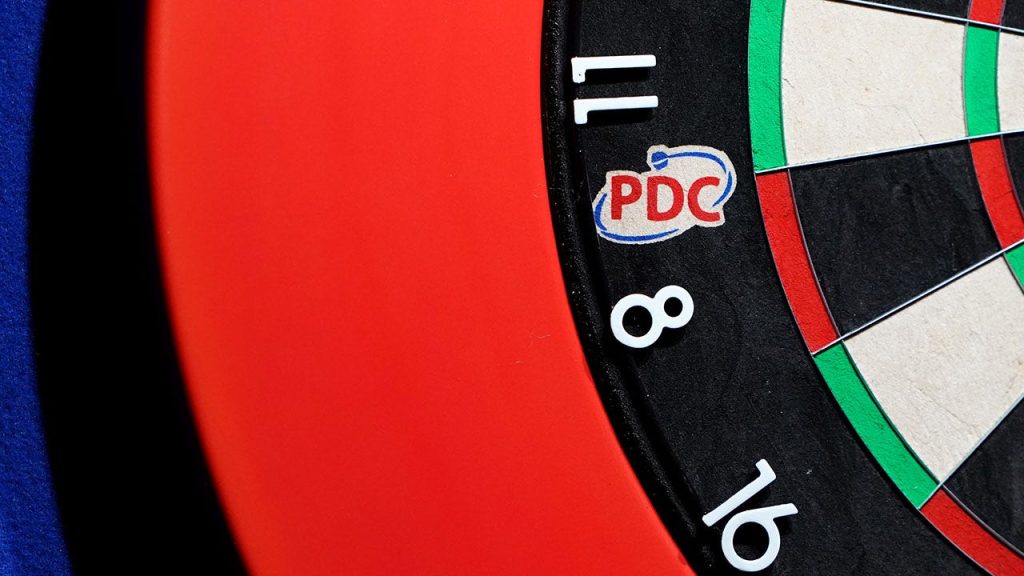Transgender darts player Noa-Lynn van Leuven made headlines for winning titles against both men and women in the same week. Van Leuven won a women’s event in the Professional Darts Corporation (PDC) by defeating Beau Graves and Katie Sheldon. This victory came shortly after van Leuven had won a mixed competition over male opponents. Van Leuven has been open about their transition process, which began at the age of 16. The player has faced backlash for competing in women’s darts events despite meeting the transgender participation policy set forth by the PDC, which follows guidelines from the International Olympic Committee.
The IOC’s darts policy for transgender female competitors includes requirements such as having a testosterone level below 10 nanomoles per liter for at least 12 months and maintaining a consistent gender identity for at least four years. Transgender female athletes are not to have a “presumption of advantage” and any potential advantage is advised to be mitigated. Van Leuven’s success in the sports world has sparked controversy, leading some members of the Dutch national team to step aside in protest. Anca Zijlstra and Aileen de Graaf both expressed disapproval of van Leuven’s participation on the team, with de Graaf stating that it was embarrassing to have a biological man competing on the women’s team.
Tennis legend Martina Navratilova also weighed in on the situation, expressing concern over fairness and equality in sports. Navratilova highlighted the challenges faced by women in sports, noting that they often end up at a disadvantage regardless of the circumstances. The debate surrounding van Leuven’s participation in women’s darts events highlights ongoing discussions about inclusion, fairness, and the rights of transgender athletes in competitive sports. While van Leuven has followed the established guidelines for transgender participation in darts, the controversy underscores the complexities and differing viewpoints surrounding this issue.
The issue of transgender athletes competing in women’s sports has been a contentious topic in recent years, with proponents advocating for inclusion and equal opportunities for all athletes, regardless of gender identity. Others raise concerns about potential advantages and fairness, particularly in sports where physical differences may impact performance. The case of Noa-Lynn van Leuven highlights the nuanced and sensitive nature of these discussions within the sports community and society at large. As conversations continue and policies evolve, finding a balance between inclusivity and fairness will be crucial in ensuring a level playing field for all athletes, regardless of their gender identity.


